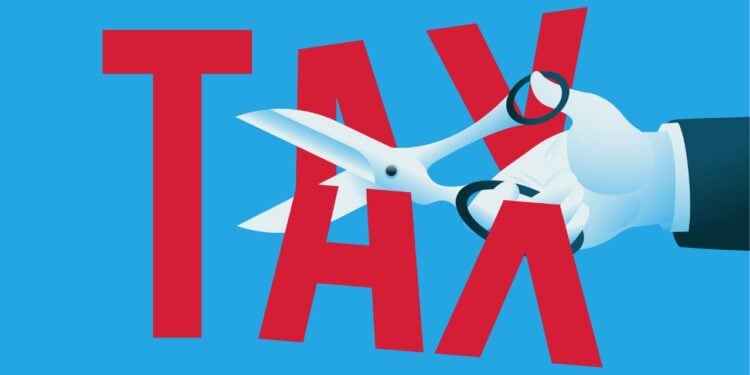- Freelancers must manage both income and self-employment taxes, requiring diligent tracking of income and expenses to calculate taxable income accurately.
- Coworking space memberships are fully deductible as rent expenses for freelancers, but not for W-2 employees.
- Maintaining separate business accounts and organized records is invaluable for freelancers to maximize tax deductions and manage their finances effectively.
Tax season may seem far away, but now is the right time to make strategic plans for 2025 — including financial planning like how to lower your tax obligations.
One of the most fiscally responsible decisions you could make might actually be to join a coworking space.
Tax Responsibilities for Freelancers
For freelancers, tax time is especially awful, as there are a lot more complications and other aspects to consider when filing. Freelancers and independent contractors essentially play the roles of both employer and employee, which means they are responsible for paying both income tax and self-employment tax. It’s essential for freelancers to carefully track their income and expenses throughout the year, as this will determine their net income, which is subject to taxes.Unlike salaried employees, freelancers don’t have taxes automatically deducted from their paychecks. Instead, they calculate taxes based on the profits from their business activities. To figure out taxable income, freelancers should add up all their earnings and subtract their eligible business expenses.
While straightforward to read, it’s far less simple in practice.
Self-Employment Tax
Freelancers get to make their own schedules and have more freedom than W-2 employees, but it does come with a cost: there’s a 15.3% self-employed tax that gets slapped on top of freelancer’s income tax. In addition to regular income taxes, freelancers must also pay that self-employment tax, which funds Social Security and Medicare. As of the latest tax guidelines, the self-employment tax rate is 15.3%, broken down as 12.4% for Social Security (on the first $160,200 of net income) and 2.9% for Medicare (with no income limit), according to the IRS.
The only way to make your tax bill hurt less is to ensure you’re getting all the deductions that are available to you. Firstly, you need to be aware of them.
These can include;
- Home office expenses (office furniture, WIFI bill)
- Equipment purchases (computers, microphones)
- Travel costs (plane tickets, car rentals)
- Professional development fees (learning courses)
- Office space memberships or rentals
Are coworking space memberships a tax deduction?
Self-employed workers, freelancers, and digital nomads often choose to work from coworking spaces due to the benefits that they offer, such as amenities, networking opportunities, and community. But they may not know that this membership cost can have serious tax benefits.
Is a coworking space membership fully deductible? No. The more accurate question is, does renting an office or desk at a coworking space lower your taxable income? That answer would be, yes, yes it does.
Jason Knickerbocker, the owner of Tax Scout in Cave Creek, Arizona told Allwork.Space that if a freelancer, or someone with a business or an LLC wants to rent out a coworking desk or space every month, that is 100% deductible as a rent expense.
“The only people who can deduct ordinary and necessary business expenses are people who are self-employed. So if you’re a W-2 employee, and let’s say you work remotely and you want to go work at a shared office space, you do not get to deduct that rent,” Knickerbocker said.
As an example, let’s say you made $80,000 for the year and you spent $5,000 on a coworking space membership or office. That would bring your taxable income down to $75,000. After this, you would owe income tax on that, as well as the 15.3% self employment tax. You then can deduct other things 100% from your tax bill, such as work-related bills (like cellphone and WIFI).
You need to track your tax deductible expenses
The most important thing is to keep thorough records of your expenses. The IRS requires documentation for any business deductions you claim, so hold on to receipts and invoices for all coworking space payments and other expenses.
Knickerbocker also added one more major tip: “I think it’s important to have a separate bank account. Just because you’re self-employed, you can’t just run everything through your personal checking account. You have to run your self employment as its own business. You have to have a separate account, and you pay for your rent out of the account.”
By staying organized and aware of these available deductions, you can significantly reduce your tax burden and keep more of your hard-earned money in your pocket.
Keeping separate business and personal accounts not only makes bookkeeping easier but also gives you a clearer picture of your cash flow.
This clarity can help you plan better for taxes and ensure you’re in the best position to reduce your liability when filing.















